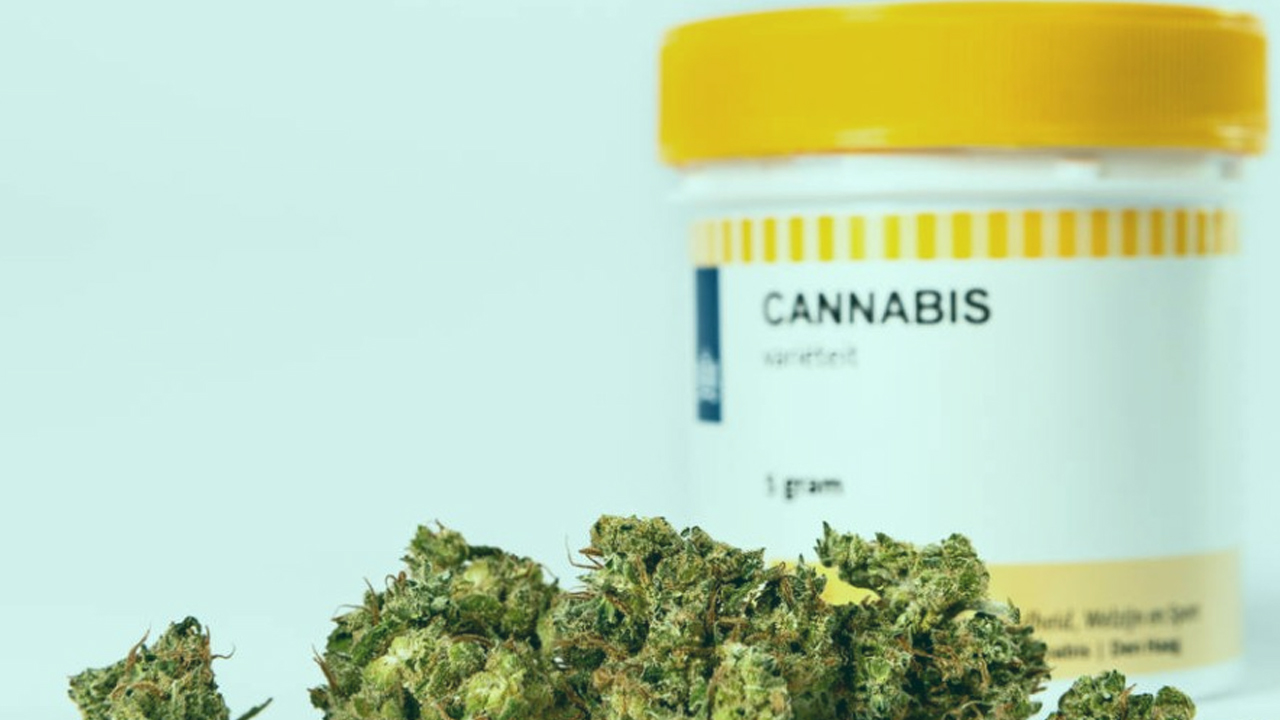
Medicinal cannabis became legal in Germany in 2017. One year before the UK did the same. Despite Germany since legalising recreational weed in 2024, the medicinal market remains relatively unchanged. In fact, it is booming. More than 500,000 patients in Germany have started medical cannabis treatment since 2024. The market is is projected by many analysts to be worth at least €1 billion (£873 million) a year by the end of 2026.
Meanwhile in good old blighty, the British medical cannabis business is nowhere near that market size. And UK companies, among some of the biggest growers and distributors in Europe, are paying attention. So what can other European countries learn from Germany’s medical cannabis success, and how can they get in on the act?
Why Medical Cannabis is So Popular with Patients
Medical cannabis is changing thousands of lives across Germany right now. And more people are becoming interested in its therapeutic potential every day. Demand for cannabis prescriptions through professional clinics like Releaf Germany is only growing. The German Cannabis Act (CanG) has reframed how many people think about and live with the plant, but patients remain confident in the clinical security and product quality of the medical market over private growers.
In Germany, and the UK, patients have for years now been treating serious conditions like epilepsy, multiple sclerosis and post chemotherapy nausea with cannabis. However, in recently, the number of conditions that cannabis has shown promise as a treatment for is growing fast.
Various kinds of chronic pain are among the most mentioned conditions in medical cannabis prescriptions in both the UK and Germany. Many studies – and indeed meta studies – now indicate cannabis is an effective and less harmful alternative to opioid-based medications for chronic pain.
CanG allowing insurance on cannabis-based businesses, including healthcare insurance for individuals, is another factor that has worked for patients in Germany. This lessens the cost of the medication, which is key when competing with small scale private growers and cannabis clubs. It also allows more private clinics in physical locations, the relative lack of which has been some criticism
How Does Germany’s Model Work Differently?
The massive difference in uptake in the German market compared to the UK is influenced by a range of factors, including:
- General practicing doctors being allowed to prescribe cannabis, rather than solely dedicated clinics
- Clinics being more liberally allowed to prescribe with less restrictions
- Recreational legalisation changing cultural attitudes towards cannabis
- Although it isn’t medically recommended as safe, smoking medical cannabis (rather than vaping) is legal in Germany and remains popular
- The low average price of around €8 (£6) per gram of flower compared to a UK average of £7.50 (€8.58)
In some cases, medical cannabis in Germany is even covered by health insurance – meaning very minimal costs for the patient, if any. However, in mid 2025 various German politicians backed a measure to potentially introduce tighter restrictions on the market. Discussions remain at an early stage at this point.
Interestingly, Germany is also now a huge importer of medical cannabis. Where the UK has, historically, been one of the biggest producers in this space. But Germany’s biggest import market for cannabis is Canada.
How Culture Changes and Creates Community
Although medicinal cannabis use in the UK remains relatively restricted, Germany’s recreational legalisation has allowed cannabis culture into the medical mix a little more evenly. This changes some of the social stigma, leading to the the higher rates of adoption.
In the UK, it is estimated around 0.1% of the population are medical cannabis patients. In Germany, it is currently around 1.7% and growing. Nearly 2% percent is statistically significant enough to form a mainstream community, in a way that 0.1% of a population just can’t.
This has led to a gap in the market, for community platforms where patients can review various cannabis clinics and their offerings. With the wider availability of clinics, patients can use sites such as Cannabiszugang to find – for example – Flowzz reviews, which is a popular online clinic and dispensary platform.
Although there are spaces in other medical cannabis markets globally, Germany is unique among European nations in this way. The absence of such in the UK is most probably another factor stopping it growing as fast as Germany’s market. Having a thriving medical cannabis community can be considered important in many ways because it offers:
- Increased trust in and understanding of clinical providers and the market regulations
- A sense of historicity, as cannabis has been used medicinally for thousands of years
- People to talk to about the effects of cannabis as a medicine or the conditions that have led patients to seek it out
- Open and simple to access professional or peer advice without fear of stigma
- Brand reputational boosts and even organic word of mouth referrals for clinics with good services and products
This community isn’t limited to just patient to patient interactions either. Clinical practitioners, researchers, business figures and (to some extent) recreational users can also get involved.

